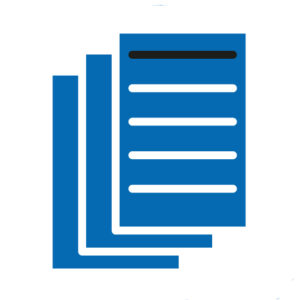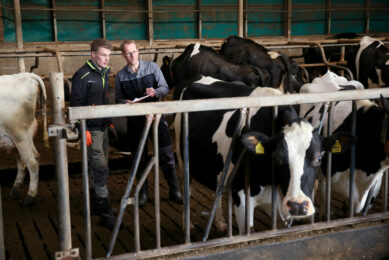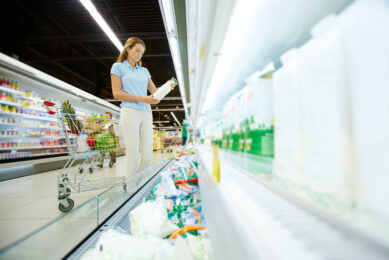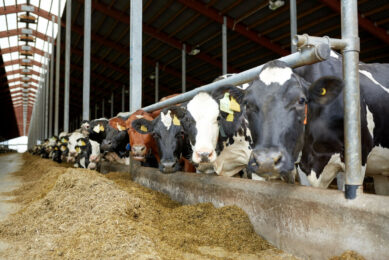Russia’s dairy concerns over new sanctions
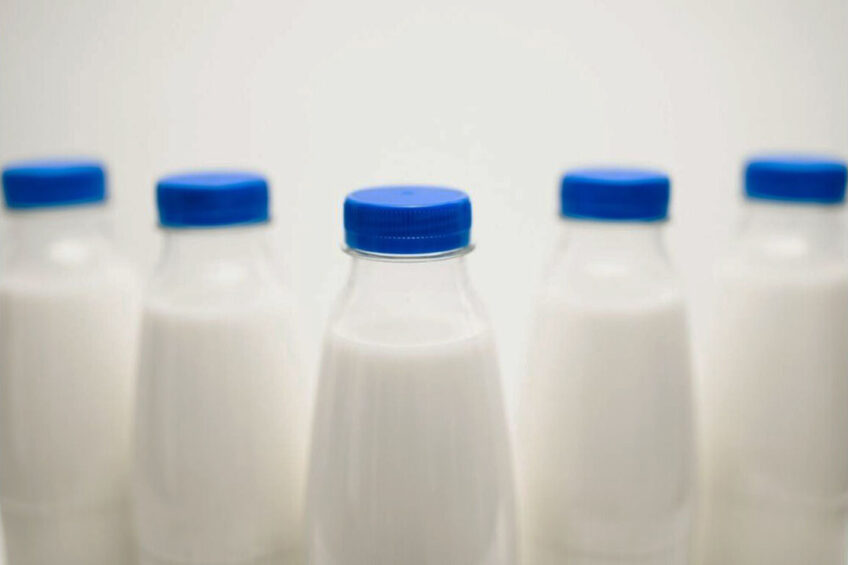
The Russian dairy industry association, Soyuzmoloko, has called the government to refrain from a ban on the entry of European trucks, which is being discussed by Russian and Belarusian authorities.
On 8 April 2022, the EU adopted the fifth round of sanctions which introduced new sectoral measures targeting Russia and Belarus, including a full ban on Russian and Belarusian freight road operators working in Europe. Russian government officials promised to reply with “mirror sanctions”, which are expected to involve some restrictions on European trucks crossing the Russian and Belarussian borders.
However, dairy companies have concerns that the new restrictions could nearly completely isolate the Russian dairy industry.
Western sanctions imposed on Russia in 2022 have harmed the entire logistics system…
“In the context of the limited time required for the speedy import into the Russian territory of contracted machinery, equipment, spare parts, consumables, and packaging components used in the dairy industry, a ban on the entry of European freight transport will cause additional costs and increase the burden on business, which is already experiencing difficulties due to the sanctions pressure,” Artem Belov, chairman of Soyuzmoloko said.
Western sanctions imposed on Russia in 2022 have harmed the entire logistics system, Vitaly Saveliev, the Russian Transport Minister said during a press conference on 21 May, adding that the country has to look for new logistics routes to source much-needed equipment and commodities on the global market.
New projects jeopardised
New sanctions and the logistics crunch have already put a question mark around the supply of equipment for Russian dairy companies, and jeopardised new projects in the industry, Belov said.
“Now these risks are quite significant. The industry has not faced such a challenge for the last 20 years,” Belov said.
As estimated by Belov, the Russian dairy industry has an extensive dependence on a broad range of goods and technologies from other countries. In 2021, 60% of all imports in the Russian dairy industry came from other countries. In the machinery and equipment segment this figure stands at 70%, in the ingredients and raw materials – at 66%, packaging – at 53%, and spare parts – at 62%.
Several dairy companies in Russia are alarmed over the problems with purchasing and servicing foreign equipment due to Western sanctions. Yury Okunev, director of the Russian dairy producer Talitskoye Moloko, estimated that the production costs in the company were expected to jump by 20% due to the problems with imported equipment.
Soyuzmoloko hopes most problems in the industry will wind down in 2023, Belov said.
Join 13,000+ subscribers
Subscribe to our newsletter to stay updated about all the need-to-know content in the dairy sector, two times a week.


